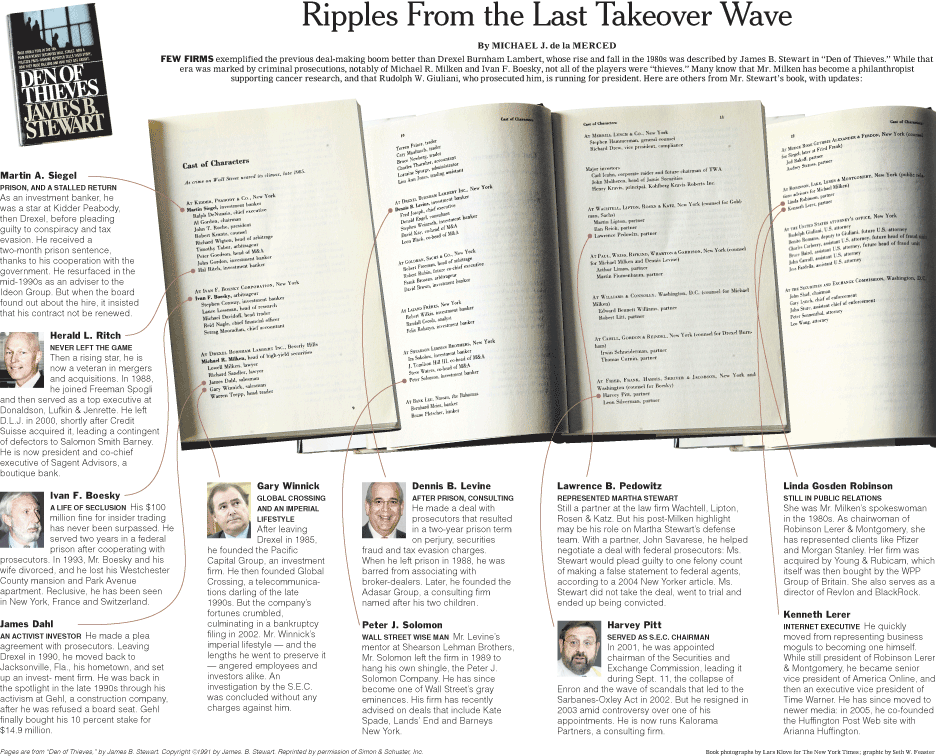CFTC Speculation Rules Hit $10 Billion in ETFs ETNs (Update3)
Post on: 25 Июнь, 2015 No Comment

By Asjylyn Loder — August 21, 2009 16:37 EDT
Aug. 21 (Bloomberg) — Barclays Bank PLC today stopped selling new shares of its iPath natural gas exchange-traded notes. the latest of $10 billion worth of exchange-traded products squeezed by potential limits on commodity speculation.
The new and anticipated limits by the Commodity Futures Trading Commission have so far affected exchange-traded products including the largest agricultural. natural gas and broad-based commodity funds in the U.S.
“Clearly, this is a new level regulation aimed at these funds,” said Bradley Kay. an ETF analyst at Morningstar Inc. in Chicago. “Individual investors no longer have a safe way to play the commodities market.”
Barclays suspended sales of its iPath Dow Jones-UBS Natural Gas Total Return Sub-Index ETN. The number of notes outstanding has more than doubled since competitor U.S. Natural Gas Fund (UNG), stopped selling new shares on July 7.
The suspension of the iPath notes and U.S. Natural Gas Fund shares means investors will pay premiums to invest in natural gas just as the fuel has fallen below $3 per million British thermal units for the first time in seven years.
“These things are becoming more like closed-end funds, and closed-end funds have a lot of tricks and issues,” said Scott Burns. director of ETF analysis at Morningstar Inc. in Chicago. “The math has become a lot more complex.”
Premium Grows
The ETN’s premium grew today as the notes rose 18 cents, or 1.3 percent, to $14.15 on the New York Stock Exchange. The index the notes track, Dow Jones-UBS Natural Gas Total Return Index fell 10.6 cents, or 1 percent. The premium rose to 6.5 percent, according to data compiled by Bloomberg.
UNG’s premium over the value of its assets rose to 14 percent above the value of its underlying contracts. The fund fell 16 cents, or 1.39 percent, to $11.35. Natural gas fell 14 cents, or 4.8 percent, to settle at $2.804 per million British thermal units on the New York Mercantile Exchange today.
“Natural gas is now impossible for investors to get a clean position in,” Kay said. Many retail investors may not understand how the premiums affect their returns, he said.
The iPath notes, which are debt whose value is tied to an index, became more attractive as credit risk subsided and the natural gas fund began trading at a premium, Burns said. Investors weighed the risk of a Barclay’s default against UNG’s premium and decided the notes were a better value.
The notes and the fund give retail investors a convenient way to invest in natural gas without the expense of managing a portfolio of futures contracts.
Increased Scrutiny
Exchange-traded funds have drawn increase scrutiny from the CFTC amid concern that the funds are distorting commodity prices.
The commission on Aug. 19 announced that two Deutsche Bank AG PowerShares commodity funds, worth a total of $5.8 billion, will no longer be exempt from limits on corn and wheat.
The CFTC move curtails the commodity holdings of PowerShares DB Commodity Index Tracking Fund. the largest broad-based commodity index fund in the U.S. and PowerShares DB Agriculture Fund. the largest agricultural exchange-traded fund. Both track Deutsche Bank indexes.
The U.S. Natural Gas Fund, the world’s largest exchange-traded product in gas, hasn’t issued new shares because it can’t expand its fuel holdings due to the CFTC review, the fund said in the Aug. 12 regulatory filing.
‘Not the Last’
The $10 billion worth of ETFs and ETNs already feeling the squeeze from the commission may not be the last, according to Barclays.
“In light of current market dynamics and ongoing regulatory review, the factors underlying the temporary suspension of the Notes may impact the other commodity-linked iPath ETNs in the future,” Barclays said in a statement today.
The $1.6-billion iShares S&P Commodity-Indexed Trust exchange-traded fund could also face new limits on its energy investments, said Morningstar’s Kay.
“What it could mean to commodity ETFs down the line is still up in the air,” said Tom Lydon. president and chief executive officer of Global Trends Investments and editor of ETF Trends, in an e-mail today. “It’s too soon to say if any are going to just close because of this.”
Other funds may follow the U.S. Natural Gas Fund into off-exchange swaps that are not yet limited by the CFTC, Lydon said. In the future, investors may have to accept occasional premiums as ETFs and ETNs reach caps on one market and look for another.
To contact the reporter on this story: Asjylyn Loder in New York aloder@bloomberg.net.
To contact the editor responsible for this story: Dan Stets at dstets@bloomberg.net.














